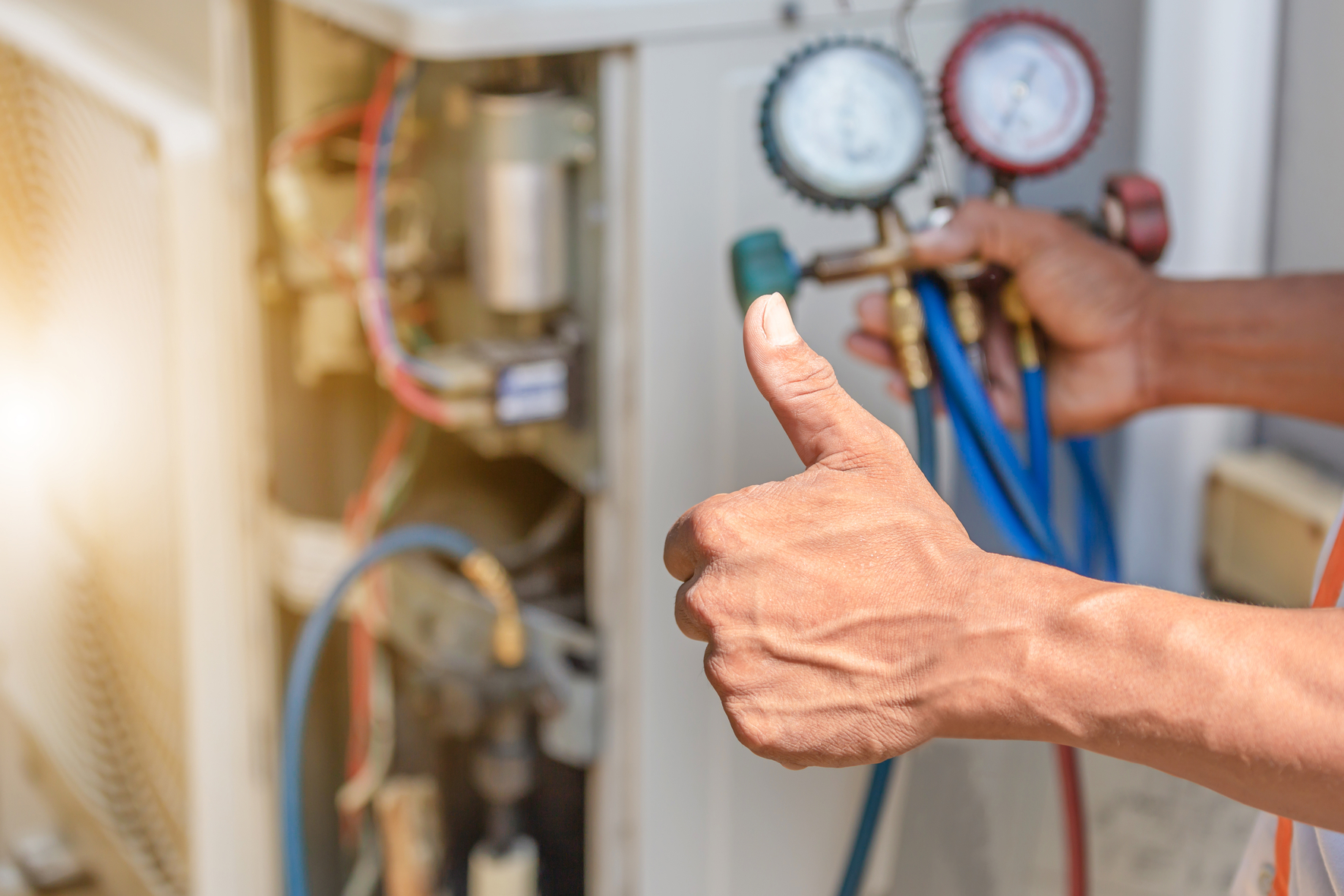Regarding creating a cozy living environment, understanding HVAC is essential. If you're a homeowner seeking to make upgrades or someone interested in furthering your knowledge about heating and cooling systems, this guide will help you steer through the often puzzling world of HVAC. From choosing the right system to knowing when to repair or swap out your existing setup, we will provide you with the information you need to budget properly for your HVAC needs.
Your HVAC system plays a significant role in your home’s overall efficiency and comfort, but numerous people are ignorant of the costs associated with installation, maintenance, and repairs. With this knowledge, you can make informed decisions that not just enhance your indoor comfort but also help you save on energy bills. https://canvas.instructure.com/eportfolios/3548602/entries/13062032 'll also investigate common HVAC problems and offer solutions, tips for improving energy efficiency, and tips on maintaining good indoor air quality. By the end of this article, you'll be better equipped to understand the costs involved and how to make the most of your HVAC investment.
Grasping HVAC Systems

Heating, Ventilation, and Air Conditioning is an acronym for the process of heating, air circulation, and cooling. AC installation functions as a vital component of domestic and commercial buildings, ensuring convenience and preserving indoor air quality. Such systems control thermal comfort and humidity while delivering pure air through proper air filtering and ventilation. They are available in multiple types, each designed to meet the distinct climate control requirements of the space they accommodate.
At its core, an heating and cooling system consists of a furnace or thermal pump for heating, an air conditioning unit for temperature reduction, and a network of air ducts or pipes that distribute air throughout the building. https://output.jsbin.com/pakulayude/ includes a climate control unit for regulating temperature and filters to filter out contaminants and irritants from the air. Grasping how each component interacts is essential for efficient performance and preservation.
The efficiency of an HVAC system relies heavily on proper configuration and consistent service. Homeowners and companies must select the appropriate system based on the size and individual specifications of their environment. Additionally, routine check-ups and servicing help prevent common problems and ensure the system performs at optimal effectiveness, ultimately reducing money on energy bills and extending the lifespan of the equipment.
Heating, Ventilation, and Air Conditioning Maintenance and Efficiency
Regular maintenance is critical for keeping your HVAC system running efficiently. This includes activities such as replacing air filters, cleaning coils, and checking refrigerant levels. Neglecting these maintenance tasks can lead to decreased system efficiency, higher energy bills, and even unexpected breakdowns. Property owners should schedule professional inspections at least once a year to ensure every components are functioning correctly and to catch any potential issues before they grow worse.
Effectiveness is not just about routine maintenance; it also involves optimizing your HVAC system's performance. Consider using smart thermostats to adjust temperatures based on your routine, reducing energy consumption when you're not home. Insulating your home properly and sealing any air leaks can significantly enhance efficiency by allowing your system to operate less while keeping comfort levels. Small changes in your HVAC usage habits can result in significant savings over time.
Additionally, upgrading to high-efficiency models can yield both immediate and long-term benefits. Newer systems are built with advanced technology that improves efficiency ratings, which means lower energy costs. If your system is more than a ten years old, it may be time to assess your options. Investing in an energy-efficient HVAC system not only supports reduce your environmental impact but can also increase your home's value and give you with better indoor air quality.
Innovative HVAC Systems and Innovations
The HVAC sector is constantly evolving, with developments in tech leading to more optimized heating and cooling solutions. One of the most notable innovations is the arrival of intelligent HVAC technologies. These technologies can be operated via remote access via mobile apps, allowing homeowners to monitor and adjust their heating and cooling controls from any location. This not only boosts ease of use but also contributes to power savings by enabling users to adjust their system based on current data and usage trends.
Another noteworthy innovation is the melding of clean energy into within HVAC technologies. Solar-powered HVAC solutions, for instance, capitalize on solar energy to reduce reliance on traditional energy suppliers, resulting in lower utility bills and a diminished carbon emissions. Additionally, geothermal heating and cooling technologies are becoming popular for their performance and green benefits. By capitalizing on the ground's stable underground temperature, these technologies can ensure comfortable indoor conditions while consuming less electricity than standard solutions.
As HVAC innovations continue to develop, indoor air quality continues to be a top concern for homeowners and organizations alike. Modern systems are now fitted with state-of-the-art filtration and ventilation solutions that significantly improve indoor air quality. The best air filters and intelligent sensors detect and react to contaminants and allergens, providing healthier air while supporting better health and comfort. These innovations not only make HVAC technologies more efficient but also elevate the overall living and office environment.
